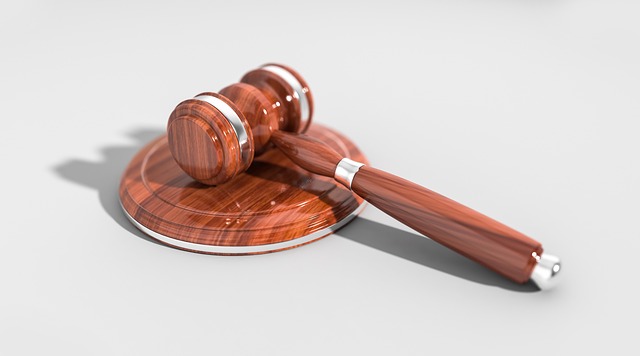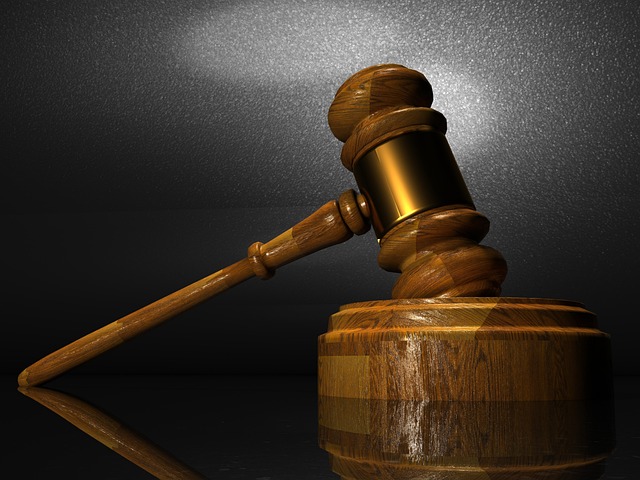A defective auto parts lawyer is crucial in cases where automotive defects lead to accidents or injuries, aiming to prove manufacturer negligence through expert analysis, evidence gathering, and strategic legal action. They hold manufacturers accountable, secure compensation for victims, and prevent future incidents by reviewing vehicle history, part failure modes, expert opinions, manufacturing processes, and industry standards. Their multi-faceted approach ensures justice for those affected by defective parts and protects consumer rights.
In today’s digital era, understanding defective auto parts and their legal implications is crucial for every vehicle owner. When a manufacturing defect causes harm, a defective auto parts lawyer plays a pivotal role in holding manufacturers accountable. This article delves into the strategies and evidence employed by these legal experts to prove manufacturer fault, offering insights into the process and protecting the rights of those affected by unsafe parts. If you’ve been impacted, knowing the steps to take is essential.
- Understanding Defective Auto Parts and Their Legal Implications
- The Role of a Defective Auto Parts Lawyer in Proving Manufacturer Fault
- Strategies and Evidence Used to Demonstrate Liability
Understanding Defective Auto Parts and Their Legal Implications

When a vehicle part fails due to manufacturing defects, it can lead to serious accidents and injuries, which is why a defective auto parts lawyer plays a crucial role in holding manufacturers accountable. Defective auto parts encompass various components such as brakes, tires, airbags, or engine parts that do not meet the required safety standards set by regulatory bodies. These flaws can result in catastrophic failures during use, causing property damage, personal injuries, or even fatalities.
In legal terms, a defective auto part manufacturer may be liable for negligence or product liability. A skilled lawyer will gather evidence, including expert witness testimonies and technical reports, to prove that the manufacturer failed to exercise reasonable care in designing, testing, and producing the part. This may involve demonstrating that the manufacturer was aware of potential hazards but did not take adequate measures to prevent them. The goal is to secure fair injury compensation or accident settlements for those affected by these defects, ensuring that victims are not left to bear the burden of someone else’s negligence.
The Role of a Defective Auto Parts Lawyer in Proving Manufacturer Fault

When a defective auto part leads to an accident or injury, it’s crucial to have a skilled defective auto parts lawyer by your side. These legal professionals play a pivotal role in navigating complex product liability cases and ensuring justice for victims. Their primary objective is to prove manufacturer fault, which often involves meticulous investigation and expert analysis.
Through comprehensive research and an understanding of automotive engineering, these lawyers can identify design flaws, manufacturing defects, or negligence that led to the part’s failure. They collect evidence, interview witnesses, and consult with industry experts to build a compelling case against the auto part manufacturer. By presenting this robust evidence in court, they help victims secure compensation for their losses, holding manufacturers accountable for producing unsafe products. This process not only compensates individuals for their injuries but also serves as a warning to prevent similar future incidents.
Strategies and Evidence Used to Demonstrate Liability

A defective auto parts lawyer employs a multi-faceted strategy to prove manufacturer liability. They begin by meticulously reviewing the vehicle’s history and the specific failure mode of the part in question, gathering evidence such as service records, accident reports, and expert witness opinions. This comprehensive approach aims to establish a clear chain of causation between the defective part and any resulting harm, including potential car accidents or personal injuries.
Additionally, the lawyer scrutinizes the manufacturer’s testing procedures, quality control measures, and compliance with industry standards. By examining design flaws, manufacturing defects, or failure to warn consumers about known risks, they can demonstrate negligence or intentional misconduct. This robust evidentiary process often involves expert testimony, product analysis reports, and documentation of similar incidents, all working in tandem to hold manufacturers accountable for their substandard parts and protect the rights of those harmed by them, whether through a car accident attorney’s representation in a personal injury case or resolving partnership disputes related to defective products.
A defective auto parts lawyer plays a pivotal role in safeguarding consumers’ rights by holding automotive manufacturers accountable for producing unsafe or defective components. Through meticulous investigation, they gather evidence such as expert testimony, product documentation, and incident reports to demonstrate manufacturer fault. By employing strategic legal arguments and presenting compelling evidence, these specialists ensure justice for clients affected by defective parts, ultimately contributing to improved auto industry standards. Relying on their expertise, a defective auto parts lawyer is the key ally in navigating complex legal proceedings and securing favorable outcomes.






